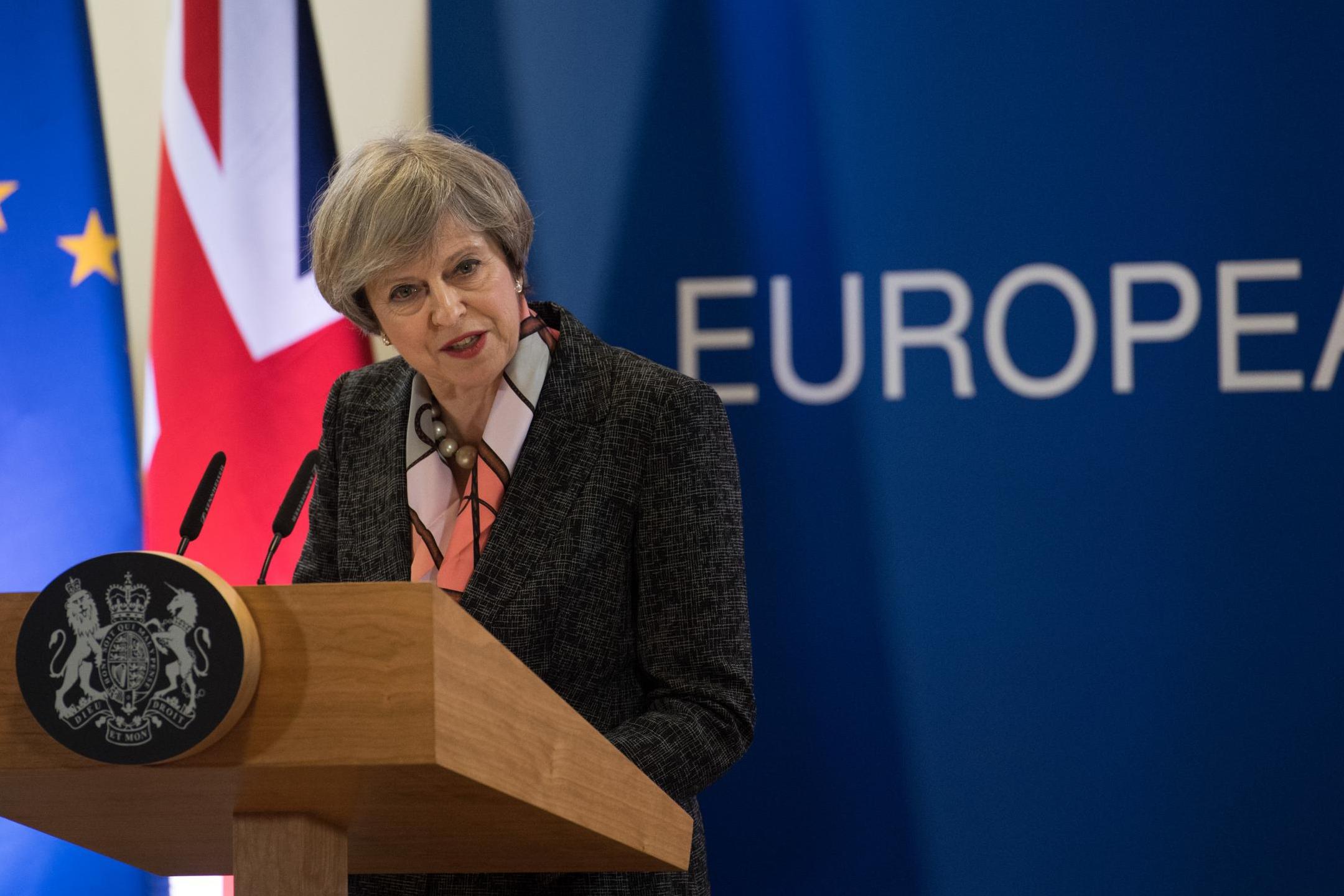Brexit: UK could demand £9bn back from EU instead of paying divorce bill
Any request for payments into the European budget after Brexit is ‘wholly without merit in law’, a leaked strategy document suggests

Your support helps us to tell the story
From reproductive rights to climate change to Big Tech, The Independent is on the ground when the story is developing. Whether it's investigating the financials of Elon Musk's pro-Trump PAC or producing our latest documentary, 'The A Word', which shines a light on the American women fighting for reproductive rights, we know how important it is to parse out the facts from the messaging.
At such a critical moment in US history, we need reporters on the ground. Your donation allows us to keep sending journalists to speak to both sides of the story.
The Independent is trusted by Americans across the entire political spectrum. And unlike many other quality news outlets, we choose not to lock Americans out of our reporting and analysis with paywalls. We believe quality journalism should be available to everyone, paid for by those who can afford it.
Your support makes all the difference.Brexit negotiators are confident they can dramatically reduce the size of any bill for leaving the EU, according to legal documents circulated in the Department for Exiting the European Union.
It has previously been suggested that the UK might have to pay around £50bn to the EU after Article 50 was triggered, to plug the deficit in its budget the departure will cause.
The document was drawn up by Martin Howe QC, a founding member of Lawyers for Britain, a group of lawyers who campaigned for Britain to leave the EU in last year’s referendum.
It advises that the demand for payments into the European budget after Britain has left the EU is “wholly without merit in law”, and that it is “hard to see any credible basis upon which the UK could be said to be obliged” to pay for the deficit.
Mr Howe believes that a key point of leverage is the UK’s funds in the European Investment Bank (EIB). The UK has a 16 per cent share of the €63.3bn capital of the bank, amounting to €10.1bn (£8.8bn).
The guidance concludes: “Overall the UK should be entitled on exit to a net payment in its favour, corresponding to the value of its capital invested in the EIB.”
Theresa May is expected to formally trigger Article 50 this week, after the bill paving the way for Britain’s departure is due to be debated on Monday.
Jolyon Maugham QC, a barrister who launched a legal challenge last year arguing that Article 50 should be revocable once it is activated, so that the UK would not be forced to accept any Brexit deal, told The Independent he questioned the credibility of Mr Howe’s advice.
“Martin Howe is an odd choice for the Government to be taking advice from, given that he doesn’t specialise in any relevant field.
“To seek out proper advice, you shouldn’t simply go to a lawyer who tells you what you want to hear.
“It’s not clear that the Government are going to act on this advice, but if it did, it would be a fantastically stupid thing to do.
“It’s rather telling that the Government keeps pushing this line - that there’s being no need to pay the EU any money, that the EU actually owe us money.
“We are being prepared for a complete breakdown in negotiations.”
A Treasury document leaked to The Independent indicates that Theresa May’s plans to rely on World Trade Organisation tariffs in the case of a hard Brexit will cause a “major economic shock”
Crashing out of the EU without a trade deal is the “alternative to membership with the most negative long-term impact” on the economy, it warns.
Relying on World Trade Organisation tariffs would have serious consequences for companies, jobs and food prices, it states. The 36-page report uses language far stronger than that employed in the Treasury's published analysis of Brexit's long-term impact on the economy.
Join our commenting forum
Join thought-provoking conversations, follow other Independent readers and see their replies
Comments